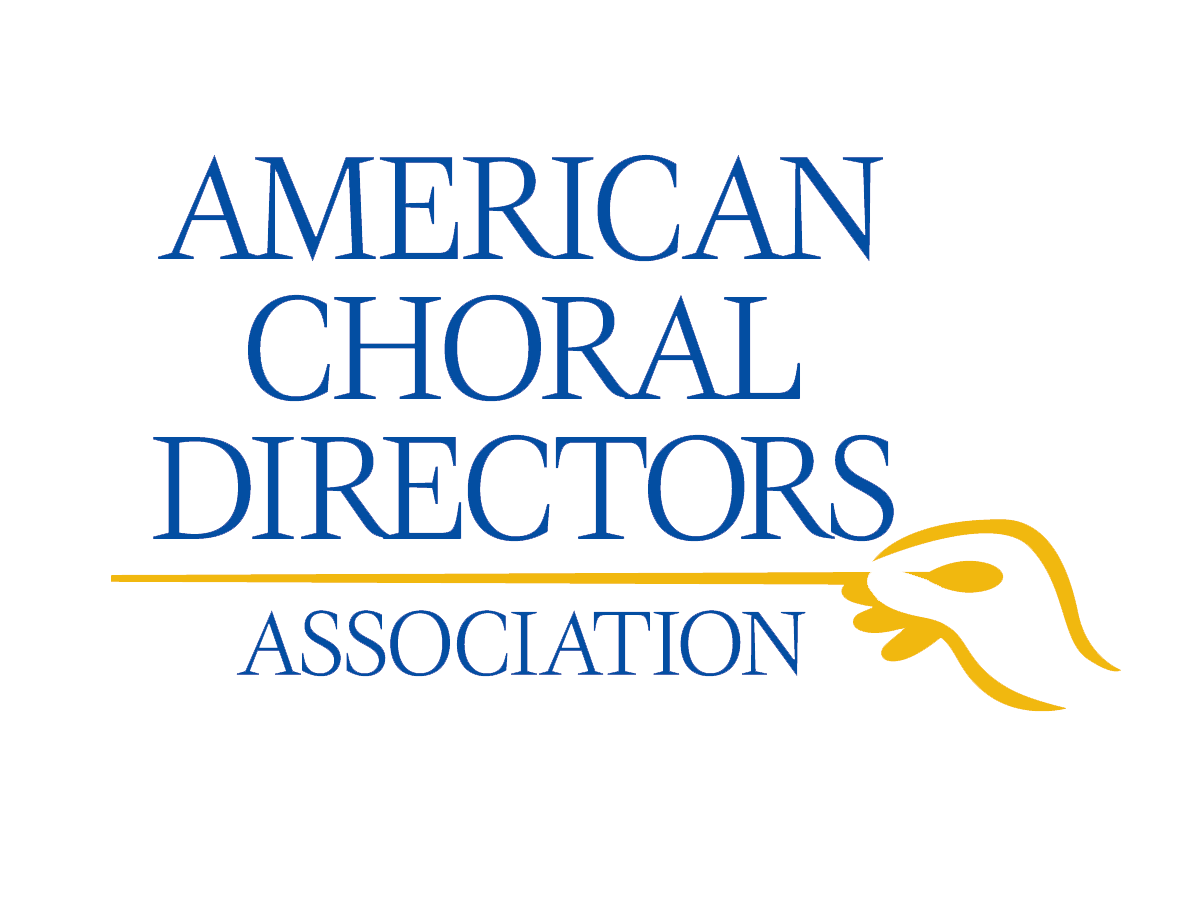The purpose of this investigation was to assess if prior education influenced current teaching practices of choral music educators in terms of vocal health, anatomy, and pedagogy. We utilized a four-part online questionnaire to inquire about music educator’s a) personal experience in voice education and teaching/conducting practice in b) general vocal health, c) vocal anatomy […]
IJRCS
Advancing Vocal Health Research and Practice in Choral Singing Contexts
Studies appearing in this special collection focus broadly on vocal health in choral singing contexts. They do so from a variety of vantage points—singers in various stages of lifespan voice development, teacher-conductors, parents, and professional journal content. Such investigations interest us because choir conductor-teachers serve as the primary voice teachers and main sources of voice […]
The Impact of Manual Mimicry Gestures on the Learning of Sung German Phonemes
The integration of embodied pedagogies has a long history in music education, and especially in choral singing (Benson, 2011; Ehmann, 1968; Jaques-Dalcroze, 1921). Manual mimicry gestures are hand movements that mirror the spatiotemporal attributes of speech sounds with an analogous gesture (Rusiewicz & Rivera, 2017). The present study investigated the effects of manual mimicry gestures […]
Choral Directors’ Self Report of Accommodations Made for Boys’ Changing Voices: A Twenty Year Replication
To explore possible changes in educators’ self-reported strategies used to accommodate changingvoices, we replicated survey data collected between 1998-2000 (Killian, 2003). The original survey,developed from strategies of 47 experienced directors, consisted of a checklist of accommodations (treble singers only, rewrite parts, sing an octave lower, assign non-singing responsibilities, separate choirs by TB or Treble) and […]
Disrupting the Choral Class System: A Journey of One High School Choral Program
This case study sought to investigate one educator’s attempt to disrupt “the choral class system” within their public high school choral program. The following questions guided this research: (a) How does one teacher restructure a choral program to increase student access? (b) What meanings do student participants ascribe to participation? (c) What do the choral […]
Barbershop Harmony Society Judge Perceptions of Expressive Performances and Contest Adjudication
The purpose of this basic qualitative study (Merriam & Tisdell, 2016) was to analyze Barbershop Harmony Society (BHS) judge perceptions of vocal and visual expression and what elements make up expressive performances. A secondary purpose was to explore how BHS judges perceived and utilized information gleaned from training. I interviewed ten current BHS judges from […]


